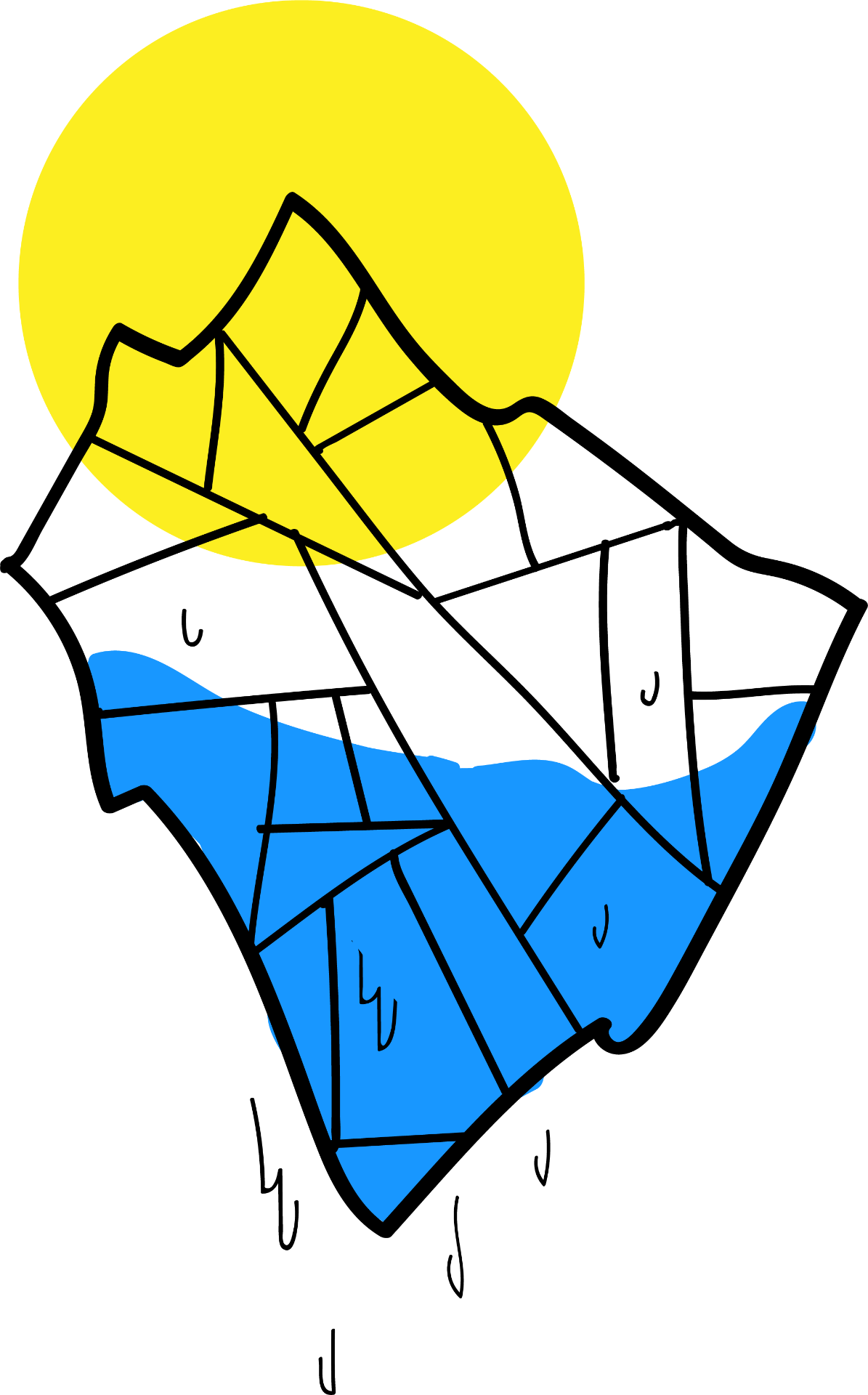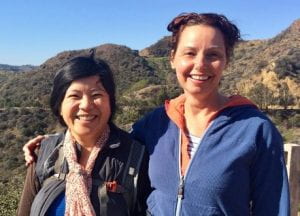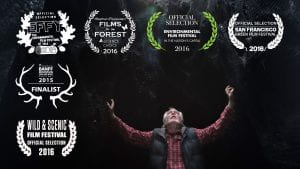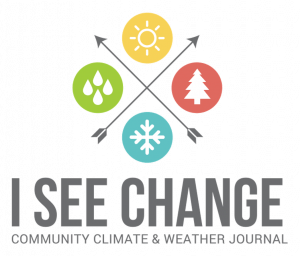
Storying Climate Change
New Zealand
New Zealand
By collecting and analyzing public interviews, this project assisted Landcare Research in its study of responses of New Zealanders to climate change; public reaction is a key component of climate change prediction. Our team developed a framework of four theories for understanding perceptions of climate change among the people of New Zealand. Those theories involve observations about frustration, media coverage, and economic aspects of climate change as well as research questions to further refine Landcare’s understanding of citizens’ perceptions.
Climate Change Identities
Investigating Flood and Climate Change Perception
Hutt Valley, New Zealand
Major floods pose a risk to the Hutt Valley due to surrounding geography and increased urbanization. Climate change models suggest flood impacts are likely to increase in the coming decades. Our project investigated public perception of flood risk and climate change in the Hutt Valley. To achieve this goal, we developed and conducted a public survey in collaboration with the Greater Wellington Regional Council. Based on the results of 202 face-to-face interviews with the Hutt Valley public, as well as five in-depth business interviews, we developed a set of awareness and education proposals to support the efforts of the regional council.
Wellington, New Zealand
The goal of our project was to assess public perceptions of sea level rise in Wellington in order to provide recommendations to our sponsor, the Antarctic Research Center of Victoria University, for developing outreach initiatives to communicate their research to the public. Using convenience surveys administered to the pubic and expert interviews administered to science communication experts and local public officials, we found three areas to target for future outreach and five practices to communicate them effectively. Our recommendations for potential outreach strategies ranged from computer simulations to art installations.
Improving Science Communication in Wellington: An Analysis of Public Knowledge of Seal Level Rise in the Central Business District of Wellington, New Zealand
Related Links
The Climate Stories Project
 Climate Stories Project gives a voice to the emotional and personal impacts that climate change is having on our lives and to the positive actions we are taking in response. Often, we discuss climate change only from the impersonal perspective of science or the contentious realm of politics. Today, though, more and more of us are feeling the effects of climate change on a personal and community level. Climate Stories Project allows people from around the world to share their stories and to engage with climate change in a direct way.
Climate Stories Project gives a voice to the emotional and personal impacts that climate change is having on our lives and to the positive actions we are taking in response. Often, we discuss climate change only from the impersonal perspective of science or the contentious realm of politics. Today, though, more and more of us are feeling the effects of climate change on a personal and community level. Climate Stories Project allows people from around the world to share their stories and to engage with climate change in a direct way.
Story Group
Based in Boulder, Colorado, The Story Group produces compelling multimedia journalism. Founders Ted Wood and Daniel Glick each have more than 25 years of experience in print and electronic media. We work in partnership with top videographers and editors to produce stories for broadcast, print and Internet outlets. We specialize in finding compelling ways to present the issues of our day to a wide variety of audiences through multimedia storytelling and new media. Our combined experience in environmental journalism and new media productions helps us — and our clients — to get stories out like never before.
I See Change
ISeeChange is a global community that posts about what they notice changing in the environment using our platform and mobile tools. Each post is synced with weather and climate data and broadcast to the community to investigate bigger picture climate trends. Over time, community members can track how climate is changing, season to season, year to year, and understand the impacts on daily life.


